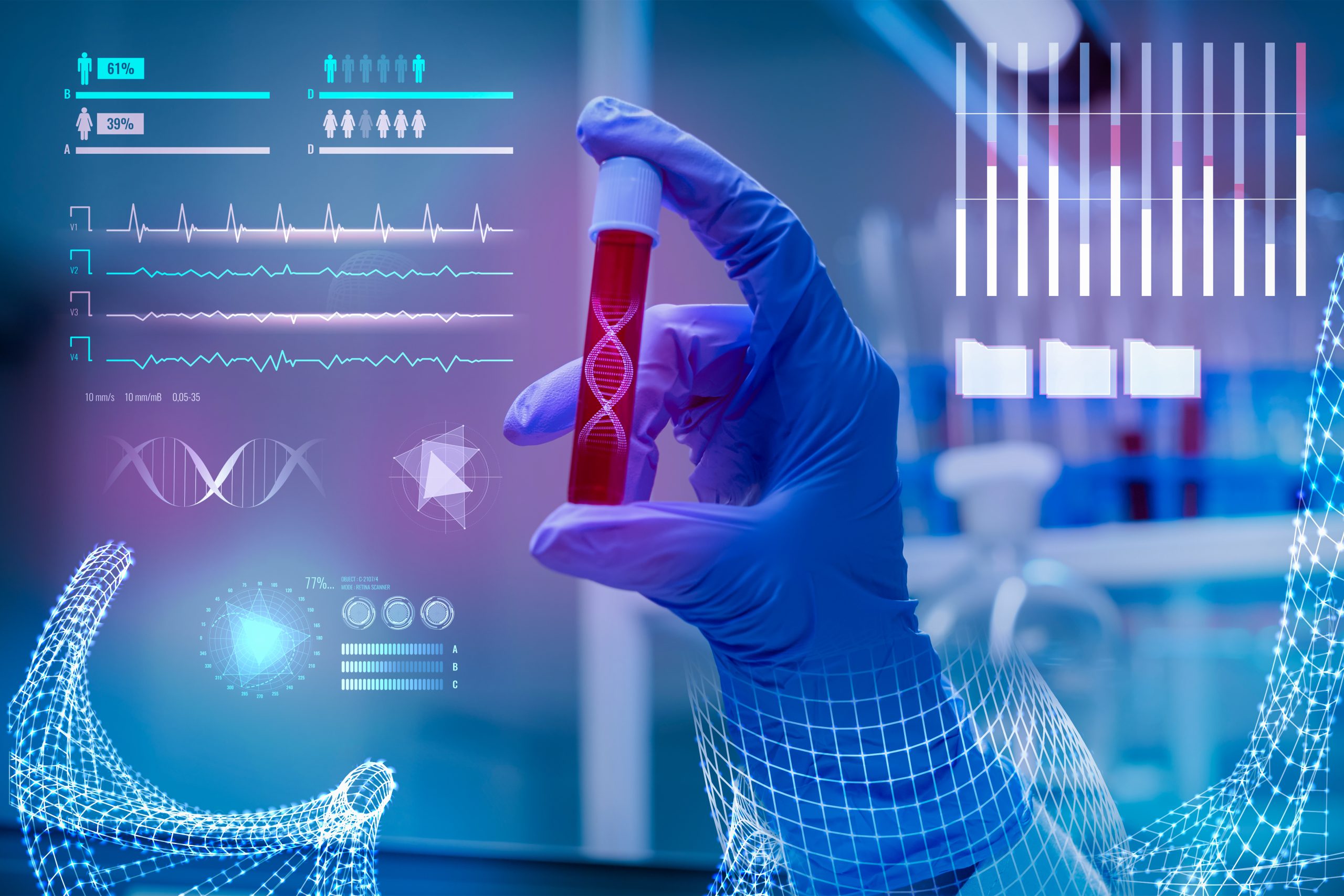Developing and implementation of a Competence Center in Cancer focused on improving the management of cancer patients by developing integrated programs based on the recent advances in personalized medicine, telemedicine, molecular tumor characterization, imaging systems and artificial intelligence.

The specific objectives of this complex project are:
1. The creation of a national network of centers (National Cancer Research Network) involved in the management of the oncological patient, with both routine economic activity (medical activity) and research, development and innovation activity. These activities are closely correlated and interdependent, especially in medicine. Prestigious institutions in the field of research in the country, which do not have medical activity as their basic economic activity, will also operate within this network. The aim of this Consortium is to allow collaboration and access to the wealth of knowledge developed by the NCCC to all partners and collaborators that are involved in screening, diagnosis and treatment of cancer patients.
2. Building institutional capacity to improve the collection of quality cancer data in adigitized network of the the Regional Cancer Registries, for better administration in oncology healthcare and public health strategy. By developing this approach NCCC will develop and implement regional/national clinical trials and epidemiological studies to respond to the current scientific/medical question related to rare or hard to treat cancers, and design new advanced research tools for personalized therapy in rare and/ or difficult to treat cancers.
3. Develop a digital collaborative platform as support of NCCC to accelerate the digital transformation of research, innovation and health systems. Part of digital collaboration is represented by developing the “Electronic file” of cancer patients that can be accessed and transferred under secure conditions between hospitals or to the patient on it’s request. To improve the cancer management from diagnosis to treatment, the implementation of effective patient routes that respect epidemiological principles is foreseen.
4. Developing and implementing the “Virtual and distributed Tumor Board” module. Will be defined and validated up-to-date digitalized protocols for cancer treatment based on ESMO and NCCN guidelines, for the localization included in the National Plan for Cancer Control (lung, breast, gynecological, etc). Use the state-of-the-art algorithms of Artificial Intelligence and Machine Learning for image and video data interpretation, DL explainability, data analytics, visualization and including molecular data will be integrated in clinical decision.
5. Developing a “Tumor Molecular Board” (TMB) service as support for personalized medicine,
6. Assessment of genomic and molecular factors alongside social determinants of health for accurate estimation of individual disease risk.
7. Developing an integrated approach based on digital pathology and biomarker profiles to improve the accuracy for early diagnosis and metastasis prediction in cancer patients. Identifying new biomarkers for early diagnosis, prognosis and treatment prediction represents a continuous challenge for improving the management of cancer patients. Part of its objectives, NCCC consortium is focused on identifying new specific cancer biomarkers by screening both tissue and liquid biopsy samples.
8. Developing neuroimaging – based pain biomarkers for personalized pain therapy in patients with cancer – using integrative clinical and neuroimaging-based evaluation of pain, potential neuroimaging biomarkers will be identified for objective diagnosis of pain. Ultimately, the predictive potential of neuroimaging markers for personalized pain therapy will be evaluated.
9. Improving the quality of cancer care by comprehensive evaluation of the healthcare experience of patients with cancer– comprehensive evaluation of healthcare experience of patients with cancer will be performed, using a novel questionnaire based on formative research. The healthcare experience questionnaire individual data will be integrated into the patient’s electronic health record developed within the NCCC.
10. To evaluate the role of positive healthcare experience in improving the quality of life of patients with cancer – factors with an impact on QoL which determine a positive experience for patients will be identified.
11. Improving the quality of life of patients with cancer by early palliative care and supportive measures – interventional studies will explore the impact of a novel palliative care paradigm on the quality of life of patients with cancer and novel guidelines for practice will be developed.
12. Dissemination of research results, support activities, and the implementation of the objectives of the EU missions of cancer within Horizon Europe in Romania. As the project aims to develop a digitized network for improving the management of cancer patients based on improving their hospital care and the development of state-of-the-art collaborative research projects, a web page with all developed protocols will be available; periodically communication to a larger audience through social media, TV, and press releases are also planned, during the project implementation. For bringing new data for identifying new biomarkers for early diagnosis and treatment prediction, a scientific hub will be developed, by collaboration with all partners from Consortium, and not only, for identifying the new opportunities and funding grants for extending the PNCC network to future partners. The NCCC consortium will propose at least one projects proposal during Horizon Europe-Work Programme 2023-2024, Mission of Cancer, in HORIZON-MISS-2023-CANCER-01-01 and/or HORIZON-MISS-2023-CANCER-01-02 competitions. During the implementation of this project, dissemination and personal training will be actively promoted. The scientific results acquired in the project will be presented at national and international congresses and conferences and published in high-impact, open-access, and peer-reviewed journals.
Date contact
Institutul Oncologic
Prof. Dr.I. Chiricuta
Str. Republicii nr. 34-36
RO-400015 Cluj-Napoca.
cod fiscal 4547125
Compartiment Relații Publice
email: relatiipublice@iocn.ro
Tel: 0743124005

 English
English
 Română
Română 